
Last Updated July 12, 2023
Selecting trees for your yard begins with understanding different tree types and their benefits. Let’s start with the basics. The classification of trees begins with two primary categories: deciduous and coniferous.
Deciduous trees are also known as hardwoods. They have leaves of various shapes that burst into beautiful colors in autumn before falling to the ground. Examples include oak, elm, maple, and willow trees. They shade your house in the summer and allow sunlight to filter through its bare branches in winter after dropping their leaves. Some deciduous trees, such as birches and crape myrtle, have exfoliating bark that provides a beautiful winter focal point. Other deciduous trees bear fruit and nuts.
Most coniferous trees are evergreens, which means you'll have greenery year-round. Their leaves are needle-shaped, and examples include pine, fir, spruce, and cedar. Evergreen trees not only shade your home in the summer, but they also provide a windscreen to block harsh winter breezes. Coniferous trees provide a year-round privacy fence to block unwanted views. Birds and small animals may also seek refuge in evergreen trees, particularly during the winter.
Table of Contents:
- Consider Your Climate and Weather Patterns
- Think About Size and Space
- Evaluate the Soil Quality
- Determine the Purpose of the Tree
- Consider the Tree's Growth Rate
- Choose Disease Resistance Options
- Consider Maintenance Requirements
- Think About the Tree's Appearance
- Research Local Tree Laws and Regulations
- Consult with a Professional
Consider Your Climate and Weather Patterns
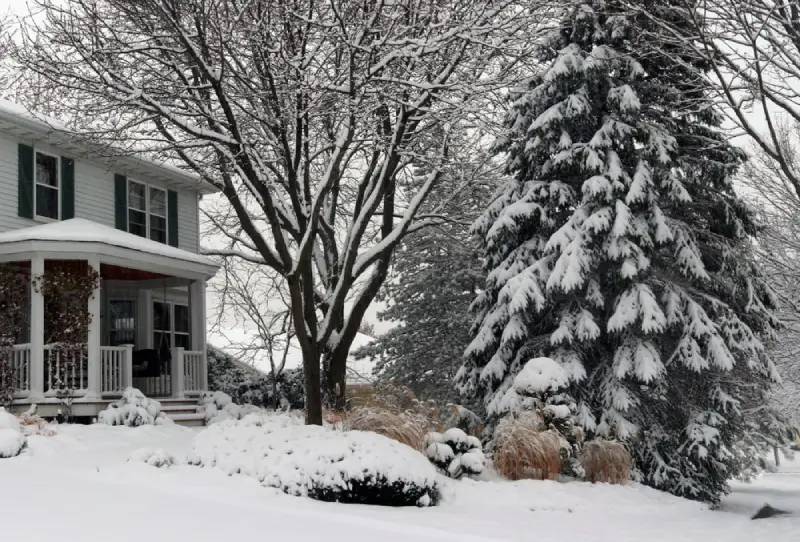
Keep in mind that different trees thrive in different climatic zones, so although you may have found a tree that provides the benefits you’re looking for, it may not do well in your yard. It’s always a good idea to plant trees native to your region. There are many different kinds of trees to choose from. But with the earth’s climate changing, selecting a tree that can withstand the expected climate conditions your area will face in the next 30 to 50 years is essential.
Think About Size and Space
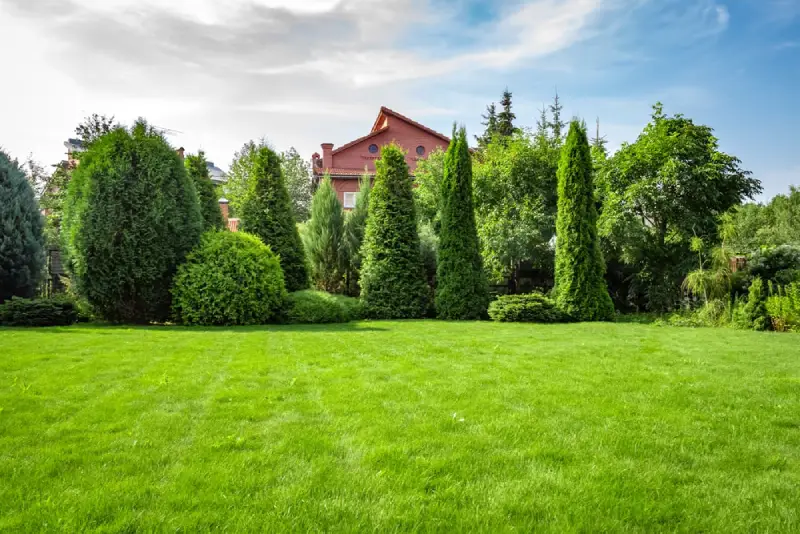
Consider how much space is available when researching different tree types for your yard. Your tree may look small now but try to envision what it will look like and how much space it will require as it matures. You won't want your tree to outgrow its space. The roots of certain trees spread wide, and if you’re not careful, the roots can damage drains and foundations, block windows, and do more harm than good. So make sure you select trees that are appropriately sized for each specific area, with room to grow.
Evaluate the Soil Quality
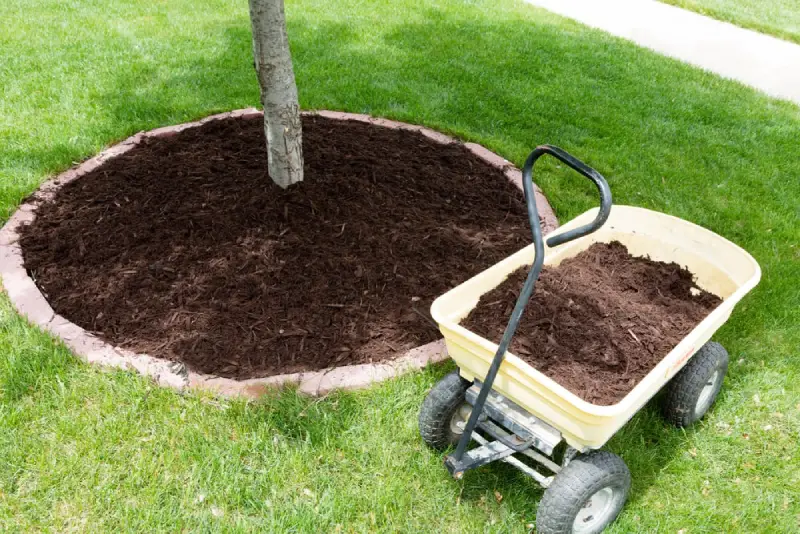
Different kinds of trees require different soil, but one thing is sure: poor-quality soil won’t provide enough nutrients for any tree to survive. If you’re unsure about the soil quality in your yard, find The Grounds Guys® nearest you for help.
Determine the Purpose of the Tree
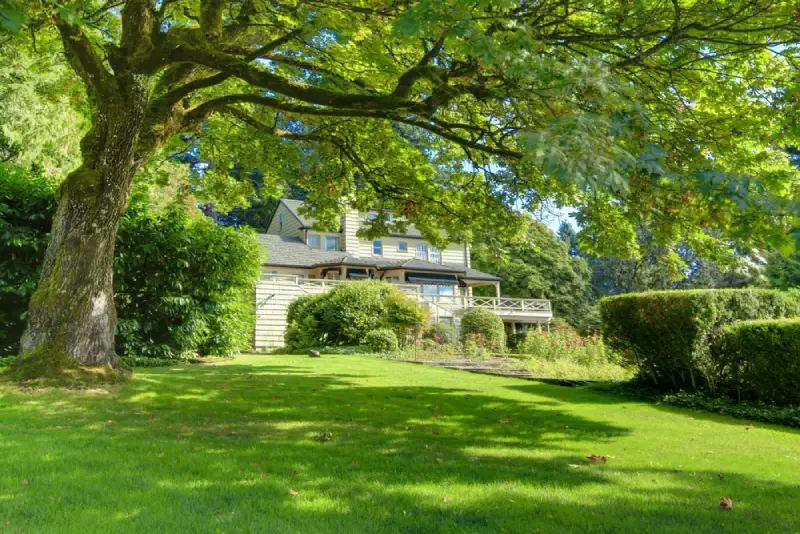
What are the kinds of trees you want to plant? Deciduous? Evergreen? Are you looking for a tree that can provide shade to help cool your home in the summer or to provide a shady outdoor refuge? Do you want one with strong limbs for the kids to climb or to build a treehouse? How about a tree that provides fruit? Or maybe you just want one that will add beauty, elegance, and charm to your property. Identifying your expectations will help you narrow down your tree choices.
Consider the Tree's Growth Rate
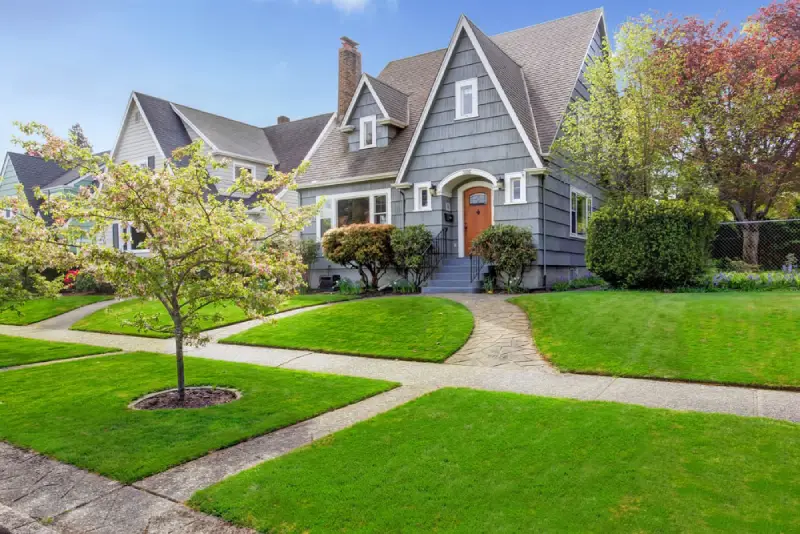
Depending on the tree type, climate conditions, and soil, each tree grows at a different rate. Even trees on the same property may grow differently based on their location. In general, there are slow-growing, moderate-growth, and fast-growing trees to consider.
Here are some examples of tree growth rates:
- Fast-growing: typically grows 25 inches or more annually.
- Moderate growth: grows 13 to 24 inches a year.
- Slow growth: grows about 12 or less annually.
Choose Disease Resistance Options
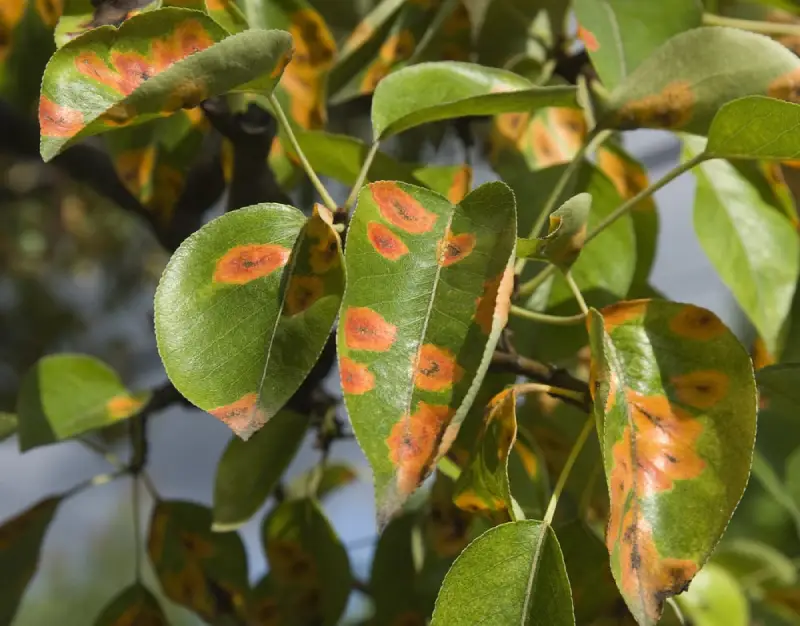
Some trees are more resistant to infections than others. Disease resistance will help minimize damage and save your tree, which will help maintain the appearance of your landscape. When you find a tree type that suits your needs, check its resistance to diseases. This will help you make an informed decision when it comes to choosing trees that have the greatest chance of thriving.
Consider Maintenance Requirements
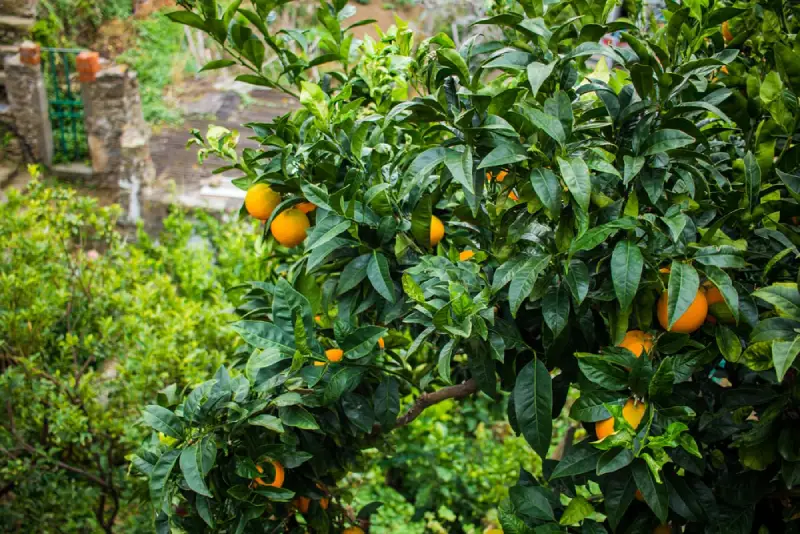
Before you make a final decision on which tree(s) you want, find out how much maintenance is required. Some trees require more care than others, especially some fruit trees. Make sure that you are able to provide the care needed for the trees to thrive.
Think About the Tree's Appearance
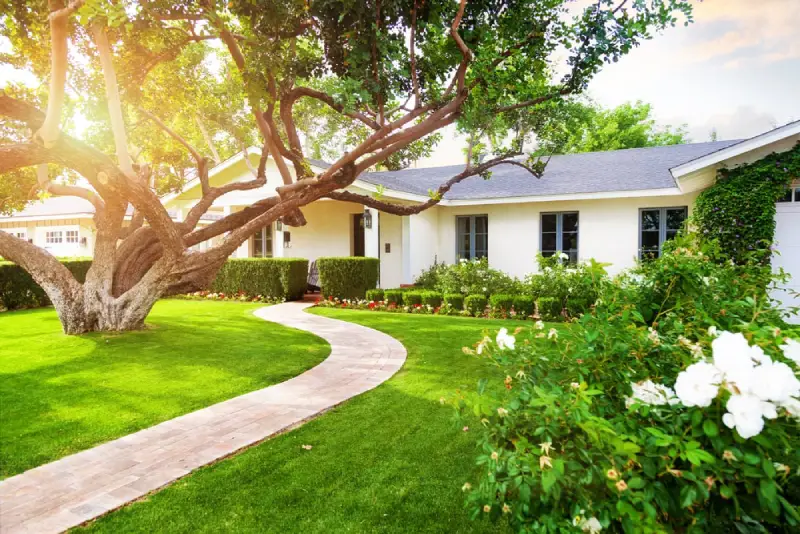
Here are a few things to look for when considering a tree’s appearance:
- Leaves - Are they broad, flat, big or small?
- Bark - Does it peel or flake, like birch?
- Shape - Does it have a wide or narrow base?
- Canopy size - Is it broad (covering a wide area) or small and narrow?
- Bloom - Does it bloom or bear fruit often?
Research Local Tree Laws and Regulations
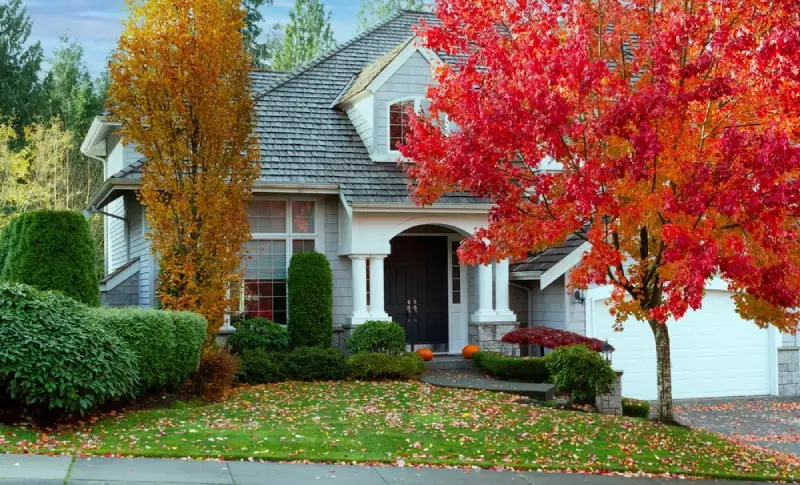
Before you plant any trees, it’s always a good idea to research the laws and regulations regarding trees in your area. If there is an HOA where you live, check the HOA rules regarding which trees you can and can’t plant in your yard.
Consult with a Professional
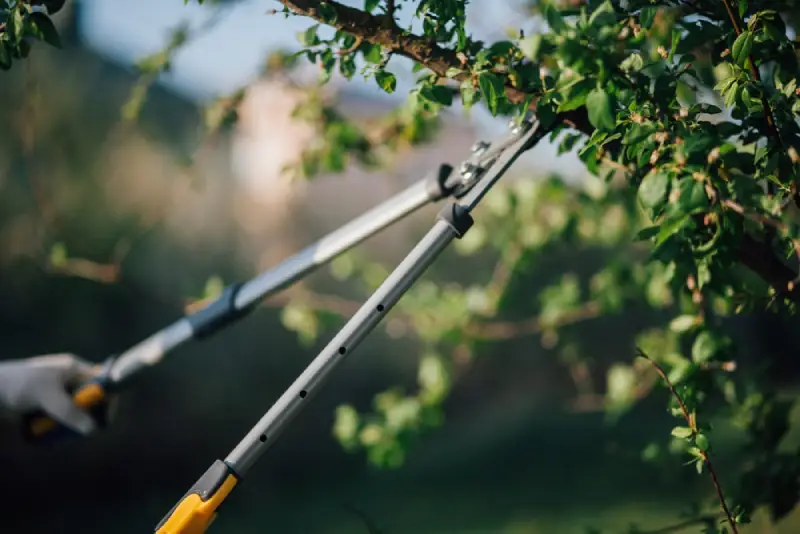
With so many types of trees to choose from, finding the right one for your yard can feel overwhelming. After all, it’s a big decision. Once a tree takes root and begins to grow, having it removed can be a challenge. Therefore, choosing the wrong tree(s) can cause significant stress. For expert advice on choosing the right tree(s) for your yard, consult with the experts at The Grounds Guys location nearest you.
Plant the Perfect Tree for Your Yard Today!
Adding trees to your property can improve the curb appeal of your home, provide cooling shade in the summer, and delicious fruits your whole family can enjoy. But choosing the right tree(s) for your needs and situation will determine how well they thrive. Our team of local pros can help you determine which trees will work best for your yard. In addition to helping you choose the right trees, we also provide a range of landscaping and lawn care services as well to keep your property looking its absolute best. That work is backed by the Neighborly Done Right Promise™, your satisfaction is guaranteed. Call or contact us for a free estimate today!